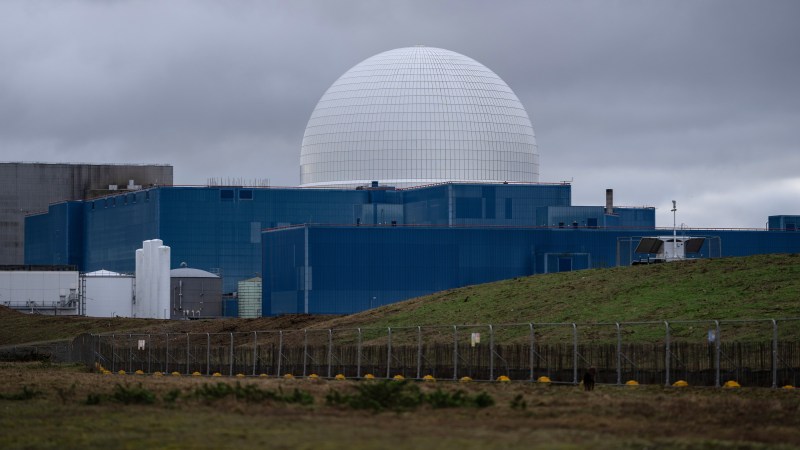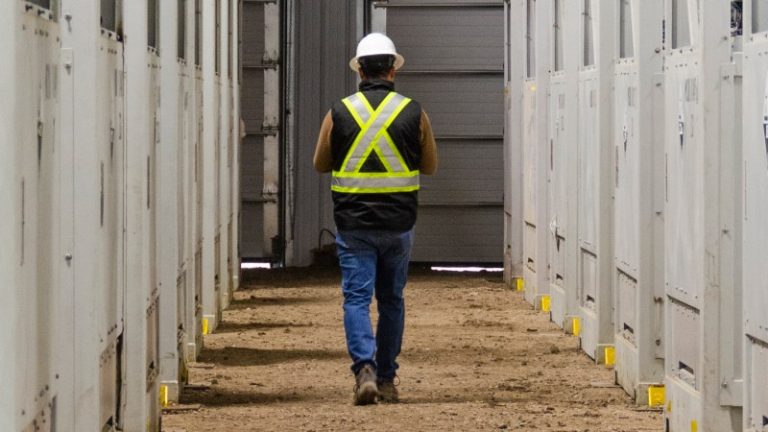Sizewell C nuclear plant gets extra £1.3 billion from ministers
The government has pledged an additional £1.3 billion in funding for a second new nuclear plant in Britain.
A total £2.5 billion has now been committed by the government to develop the Sizewell C plant in Suffolk, which could generate enough energy to power six million homes.
The money will be put towards pre-construction preparation work, including making improvements to roads and rail lines around the Suffolk site.
However, a final investment decision on Sizewell C has not been taken and it is due by the end of this year. The development vehicle for the project is co-owned by the government and EDF, the French state-controlled energy group, but each hopes to reduce their stakes in the construction phase and they are seeking to bring in private investors.
The fundraising process, formally launched in September last year, is continuing.
A development consent order was triggered earlier this month, which gave the go-ahead for construction work to start.
Andrew Bowie, nuclear minister, said: “We are making fantastic progress on the next GW-scale power plant in the UK’s nuclear pipeline.
“This investment injection means we can steam ahead with work on Sizewell C ahead of the final investment decision targeted later this year.”
The government has a target of increasing Britain’s nuclear capacity to 24 gigawatts by 2050, which at present stands at 5.9GW from five power stations, all of them owned by EDF. Four of those plants, capable of generating 4.7GW of power, are due to close by 2028, although the energy group said this month that it was considering extending the lifespan of the power stations. Sizewell C would have a generation capacity of 3.2 GW.
Alison Downes of Stop Sizewell C, said: “There’s little indication external investors have serious interest in Sizewell C at this point, and every sign that Hinkley Point C’s costs and schedule in building the same type of reactors are heading south, so it is inexplicable why the government is intent on shackling taxpayers and consumers to such a disastrous project, especially with an election approaching.”






